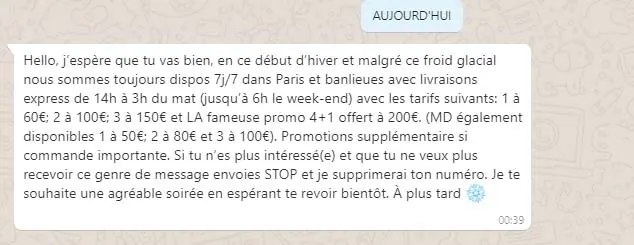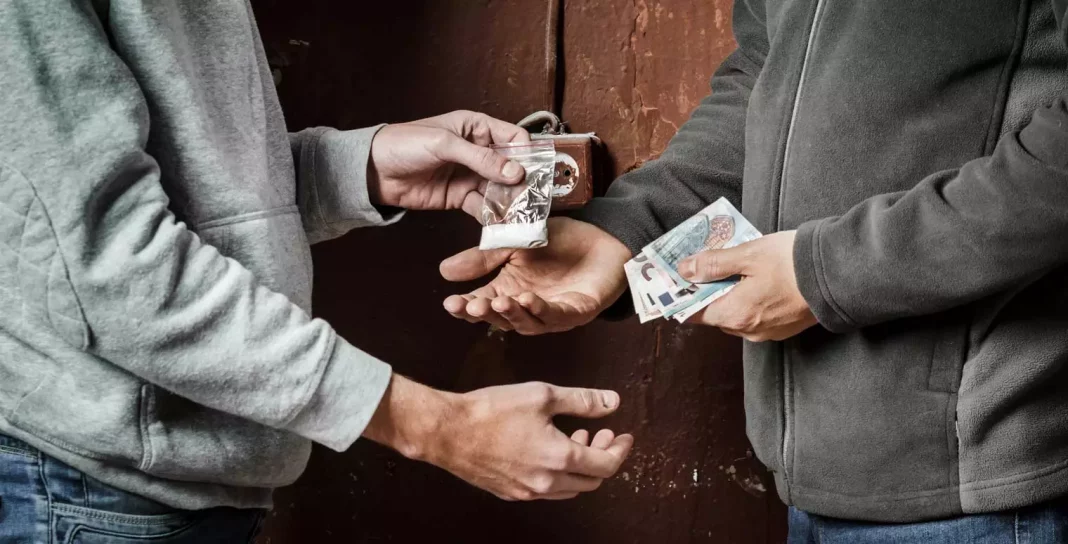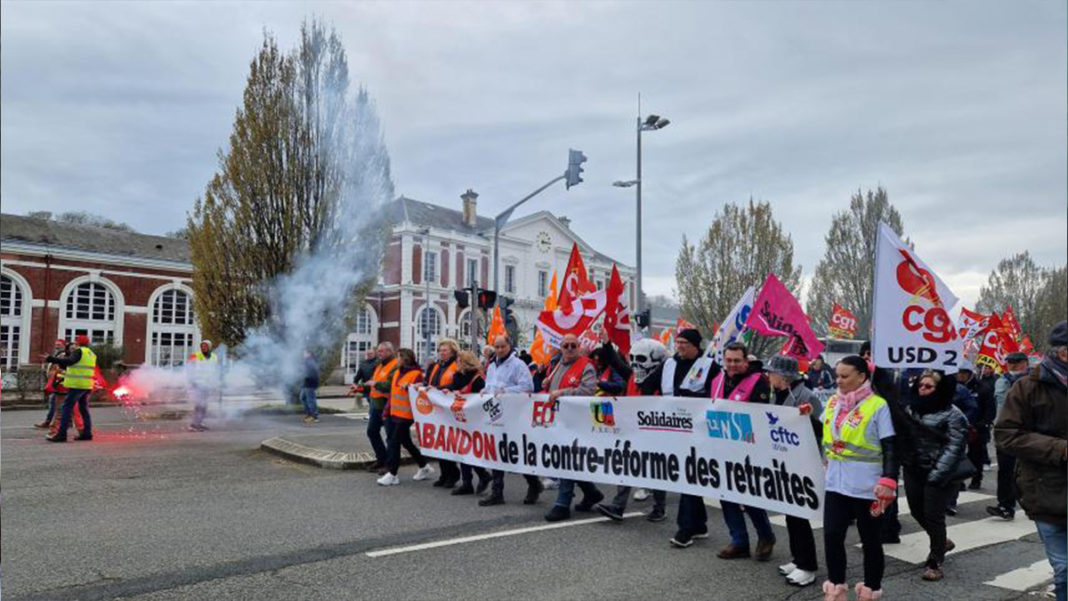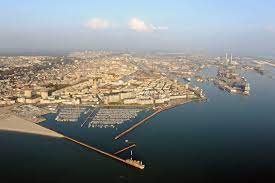The Marketing of Drug Dealing in Paris! As we entered the 2000s, while conscious rap was taking its first steps, Kery James warned those who would venture into the crime market, stating that it was “even more saturated than the music industry.” In 2021, according to official figures released by LCI, the drug trade is organized around 4000 points of sale, generating nearly 2 billion euros in revenue for cannabis and cocaine. The stakes are high in this lucrative market.
The “Central” Deal: The Marketing of Drug Dealing in Paris
With 4000 points of sale across France, many drug consumers directly visit these locations to obtain their drugs. However, dealers are diversifying their activities. In Paris, specifically, dealers are taking a proactive approach by personally reaching out to their clients. Here’s how the marketing of drug dealing works in Paris.

It All Starts with a Phone Number. Typically, it is the customer who is directly approached by the dealer. Just like doctors and lawyers, dealers transfer their clientele. If you have ever had contact with a dealer, regardless of their specialization, you enter a kind of database. Dealers, among themselves, sell their clientele and blocks of phone numbers. You will usually receive offers, true promotional methods – this is the marketing of drug dealing in Paris.
The Marketing of Drug Dealing in Paris!
Regarding the cocaine trade, which generates nearly 800 million euros annually in France, dealers carry out deliveries. While in the early 90s, cocaine was reserved for a so-called elite, the market has become much more open in recent years. The resale price of a gram of cocaine ranges between 70 and 160 euros, depending on the quality. Younger and less affluent individuals now have access to this drug, which has truly become democratized. Typically, the dealer entices the client through a central contact, sending a promotional message reminiscent of a Darty or Lidl advertisement. This is the marketing of drug dealing in Paris.

Don’t be mistaken, the central contact doesn’t personally deliver to you. According to all indications, there are a number of cars circulating around Paris that are responsible for making the deliveries. The client is in contact with the central contact, who in turn communicates with the delivery vehicles. This double layer of protection prevents direct contact between the clients and the delivery process. Deliveries are mostly done by car. The client gets into a car they will never see again. They inspect the goods with the driver, and the exchange takes place at that moment.
These practices demonstrate the professionalization of drug dealing around Paris. To tackle this 2 billion euro industry, especially concerning the cannabis trade, which is consumed by nearly 50% of young people in France, authorities should demonstrate realism instead of launching communication campaigns in the media.


